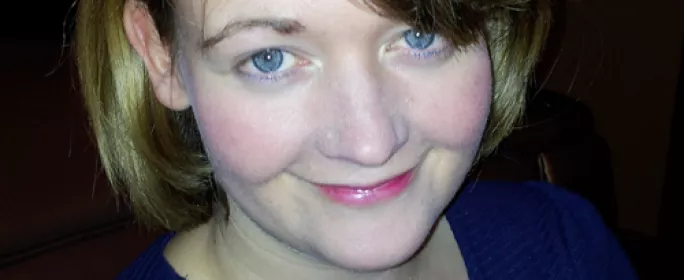Kate Townshend, a part-time primary teacher from Cheltenham, writes:
You could be forgiven for thinking, in light of recent furore over the recording of racist and homophobic incidents, that primary schools are full of six-year-olds forced to stand in corners with “Future Nick Griffin” signs around their necks. “Don’t play with Nigel,” Year 4 children might lisp, “Don’t you realise he’s an awful homophobe, with latent misogynistic tendencies. Just look at his file!”
It is both awful, and clever, newspaper reporting that has whipped up this current frenzy, because while we can all identify the ridiculousness of labelling a five-year-old a racist at an age where he hasn’t yet learnt to tie his own shoelaces, you have to actually work in a school to know that it is equally ridiculous to suggest that this is actually what’s happening.
Yes, plenty of schools record potential issues of racism or homophobia. In most cases, this amounts to a note of the circumstances and a record of what has been done about it. (For a child unknowingly repeating something from home or TV there might well be a conversation about the word being inappropriate and unkind.)
In 10 years of teaching in primary schools, both on supply and as a permanent member of staff, I have never come across a child forever-after considered a racist as a result of this. But what it does mean is that patterns can be tracked, both in terms of individual children repeating the behaviour, and in the wider culture of the school. If lots of racial slurs are being used out on the playground, then it might well be time for an assembly on treating people equally. Recording the sin is never about labelling a child a sinner.
Perhaps more importantly, what’s getting lost in this current storm of political-correctness-gone-mad hyperbole, is that children should be taught that there is a difference between racist and homophobic language and your average playground taunt.
I once taught a group of spirited Year 4s for whom “bum face” was the height of witty repartee, uttered by a brave few in the midst of heated arguments. It was not a terribly nice thing to say and it was dealt with accordingly, but when one little girl unwittingly gasped a homophobic expletive in hurt retaliation, the gravity of the response made it clear to all that this was somehow a “worse” thing to say, even at an age where the specific complexities were beyond their years. Children take their social cues from those around them, and if we take prejudice seriously as a society then our schools should reflect this.
At an age where most children are still struggling with long division, Sats and which footballer they want to be when they grow up, concepts of prejudice and discrimination can be hard to grasp. And I have met few children for whom genuine hatred motivated their actions. But discrimination can stem from ignorance as much as anything else. And ignorance of the hard battles schools are expected to fight, the plethora of social ills they are expected to tackle, and the common-sense and good heartedness of the majority of teaching staff seems to lie at the core of this most recent bout of “straw man” accusations.




